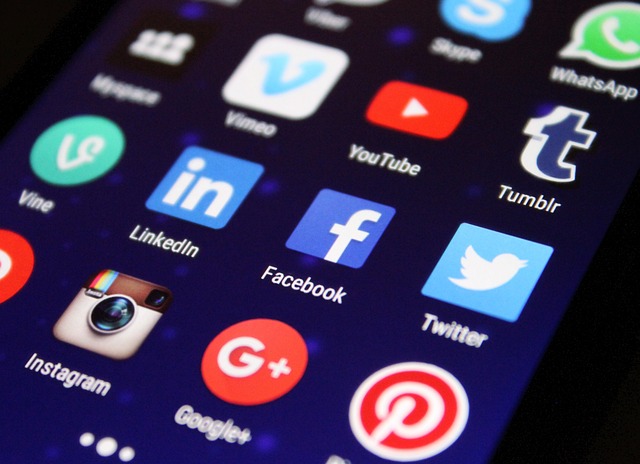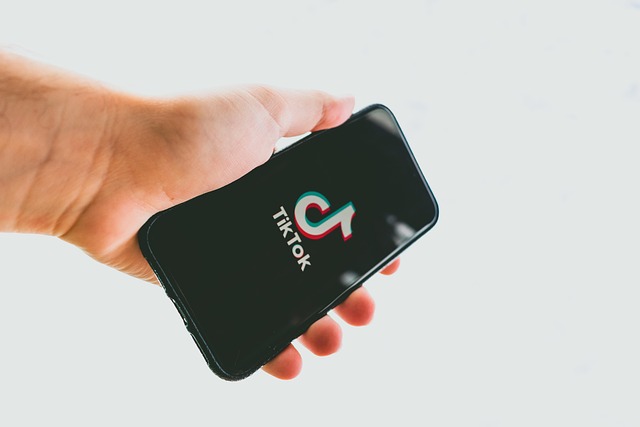In today’s interconnected world, the rise of social media has transformed the way communities form, develop, and interact. The sheer power of these platforms has opened doors to unprecedented opportunities for connection and collaboration among individuals who share common interests, challenges, and aspirations.
The impact of social media on communities is profound. Gone are the days when physical proximity was a prerequisite for fostering relationships. Now, people can unite from different corners of the globe, finding support networks and friendships that transcend geographical boundaries. This evolution has given a voice to marginalized groups, allowing them to connect and raise awareness about issues that matter to them.
For instance, consider how social media serves as a vital communication tool during crises. When natural disasters strike, local and global communities can mobilize quickly, sharing crucial information and resources with those in need. The speed at which information spreads can make the difference between life and death, showcasing the power of these platforms in creating resilient support networks.
Moreover, social media has become a platform for grassroots movements. Communities previously silenced can now champion their causes, leveraging the reach of these digital platforms to advocate for change. Whether it’s organizing protests, raising funds for local initiatives, or spreading awareness about social issues, the ability to connect with others who care deepens the sense of belonging and shared purpose.
Social media also revamps the way communities engage with their members. Community leaders use these platforms to communicate directly, fostering transparency and inclusivity. With the power of engagement metrics, they can understand what resonates with their audience and adapt their strategies accordingly, ensuring that every voice is heard and valued.
While the benefits of social media for communities are clear, it’s essential to acknowledge that challenges exist. The digital divide still affects many; not everyone has equal access to the internet or the skills necessary to navigate these platforms effectively. Efforts must be made to ensure that all voices can join the conversation and that no one is left behind. Additionally, the spread of misinformation can threaten community solidarity and trust, as false narratives can easily circulate within digital spaces.
In conclusion, the relationship between social media and communities is one of empowerment and opportunity. By leveraging these platforms wisely, we can cultivate strong, supportive networks that enhance our shared experiences and drive meaningful change. As we navigate this ever-evolving landscape, embracing the power of connection will undeniably shape the future of our collective communities.




